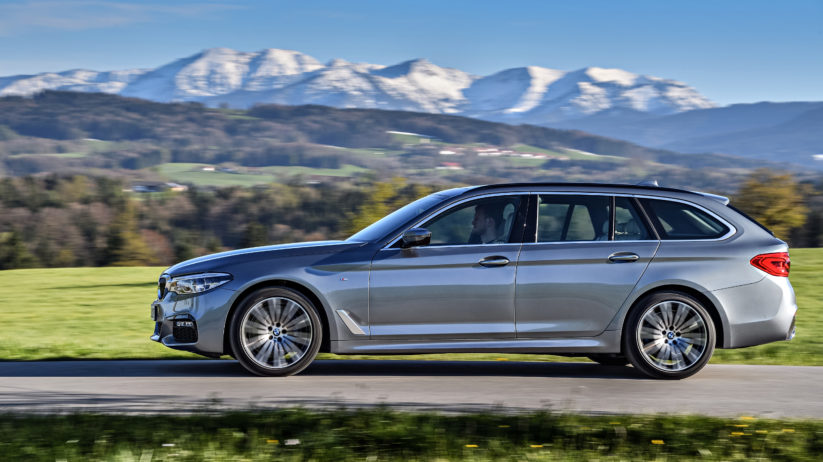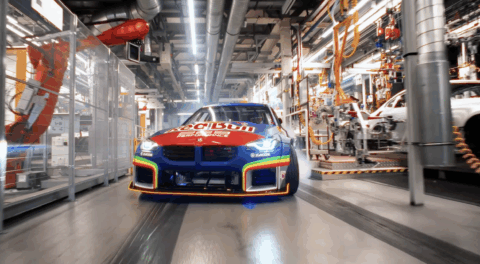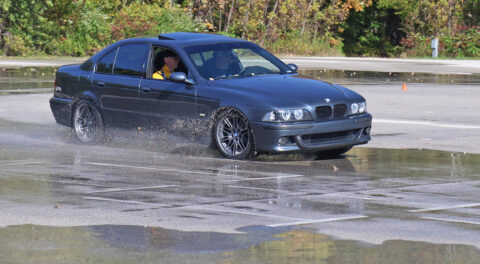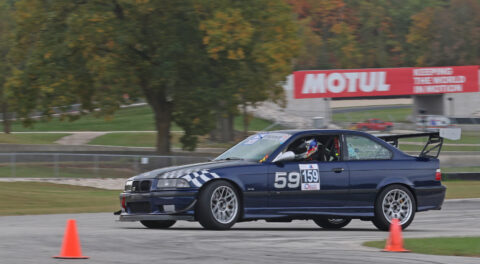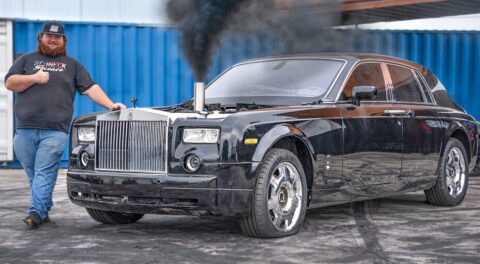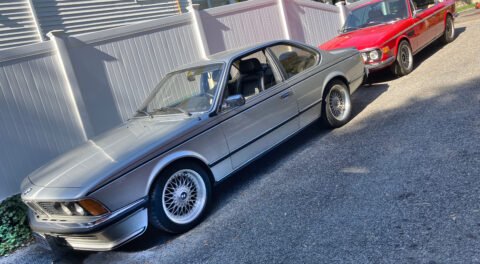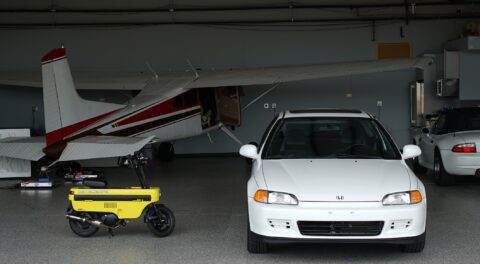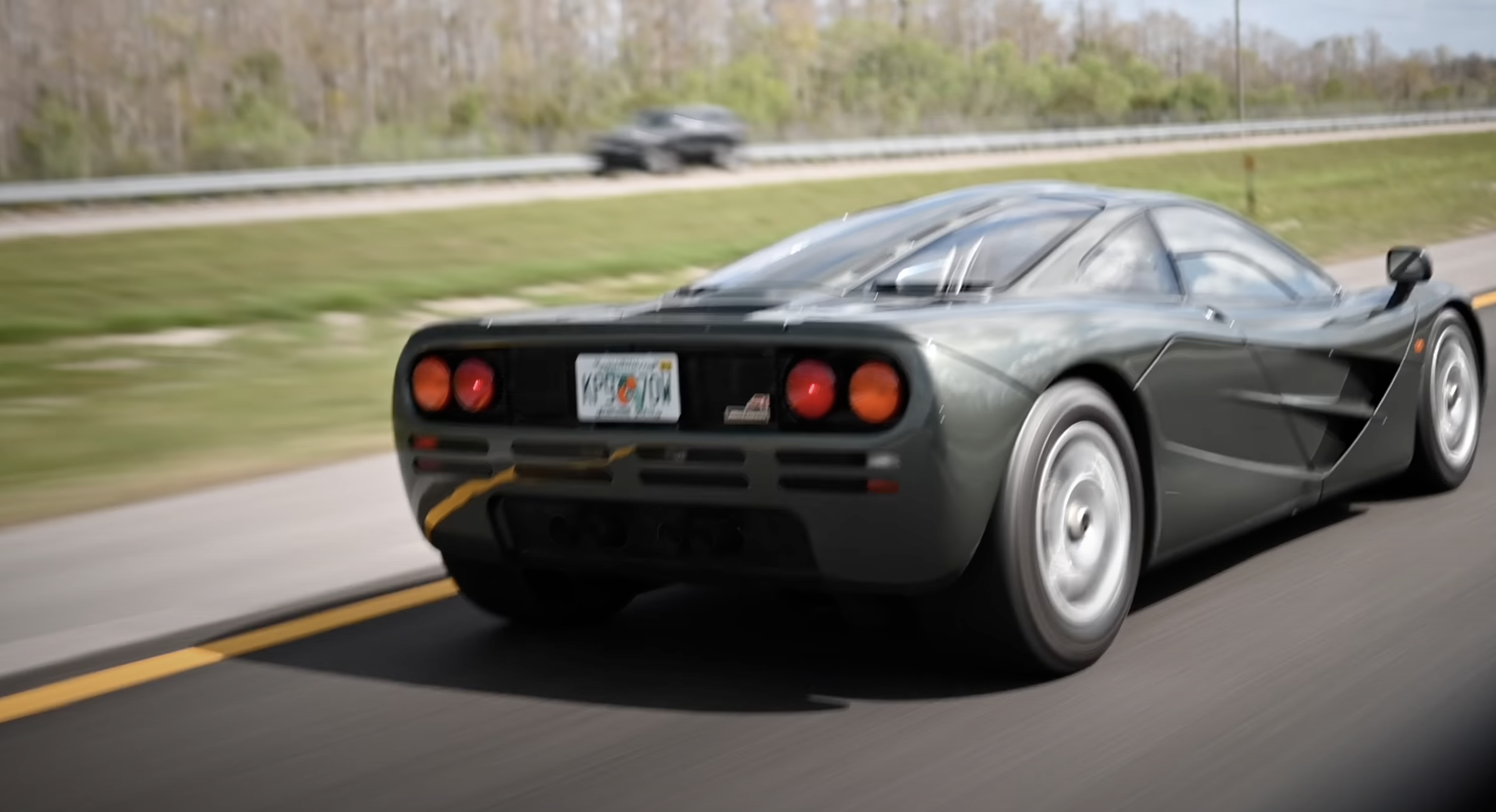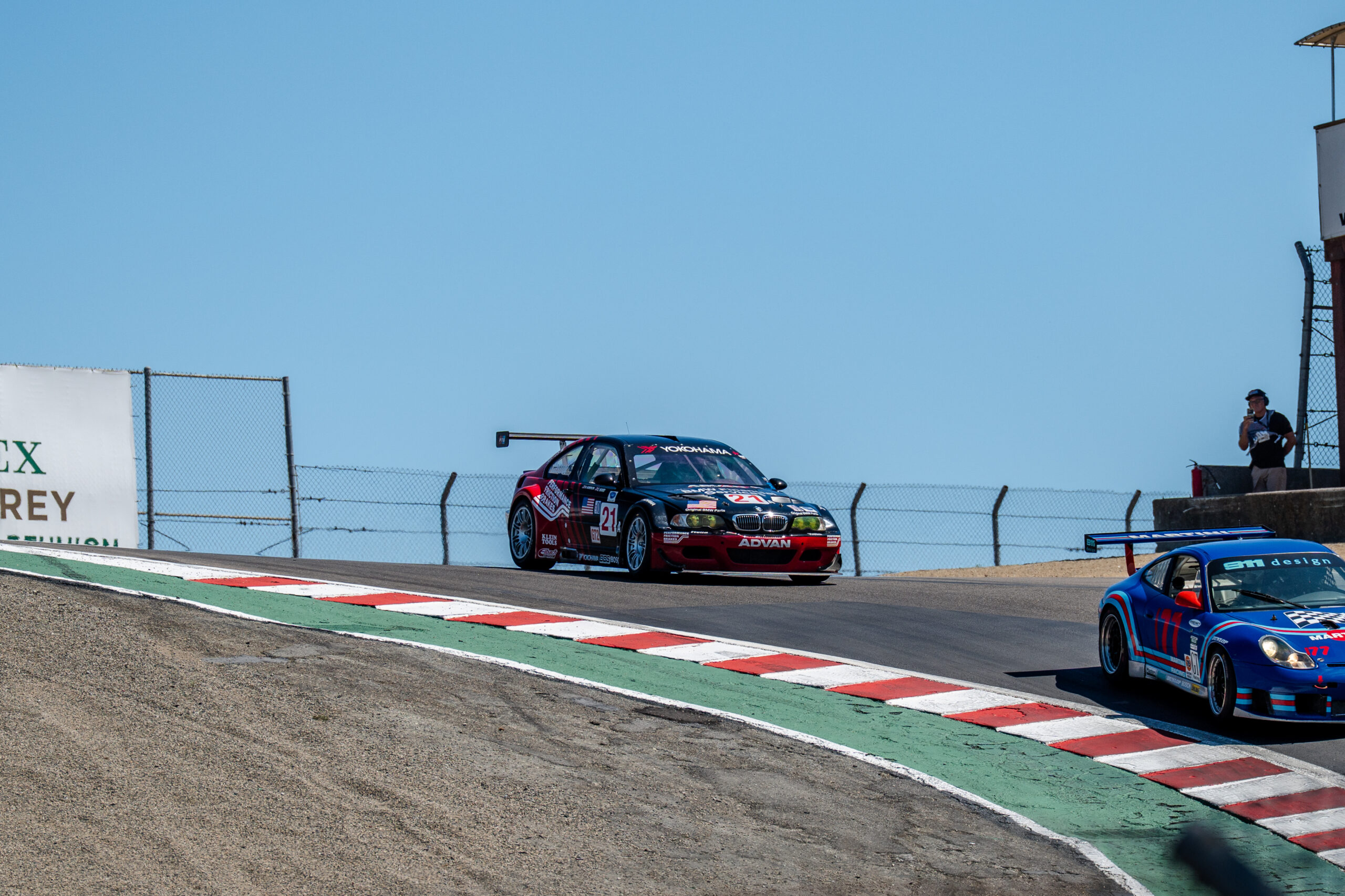Auto enthusiasts still love station wagons, and it shows. There’s been something of an outcry on the internet since news of BMW deciding to skip the G21 3 Series Touring for the U.S. market broke, ending a tradition of long-roof Threes that spans two decades, with plenty of 25-year-rule E30 wagons now being imported as well. Anyone who’s been following the latest trends in the automotive industry is aware of what’s going on; right now, there’s a huge push towards SUVs, or as BMW markets them, Sports Activity Vehicles and Coupes (SAVs and SACs). Demand for everything from compact crossovers to full-size SUVs and trucks has been strong for for the past few years, and any automaker who hasn’t adjusted their strategy to add more to their lineup has been caught off guard.
But not BMW by any means. In a few months, there will be an X version of every series except the recently reintroduced Eight, which is likely to be joined by some sort of larger X6-like creation eventually as well. From One through Seven, BMW offers an X vehicle for just about any lifestyle, including M variants which are incredibly potent at both navigating suburban hills and the most demanding track environments.
According to a recent article by Bloomberg, however, digging into the data reveals some interesting trends that suggest not every segment of society is sold on a crossover future. Over the past few years, wagon sales have been steadily increasing, and are actually up some 29% compared with five years ago. Touring, estate, avant and sportback or sportbrake models remain an incredibly small niche, but 2018 saw 212,000 brand new ones sold, and Kelly Bluebook has gone so far as to say wagons are increasingly benefitting from the death of the traditional sedan. From 2013 to 2018, data from Bloomberg Intelligence and Edmunds.com reveals that of the thirteen auto segments in the U.S., just five have expanded in terms of sales growth, and station wagons are among the ranks experiencing increasing demand, along with compact crossovers, entry-level luxury SUVs, mid-size and full-size pickups.
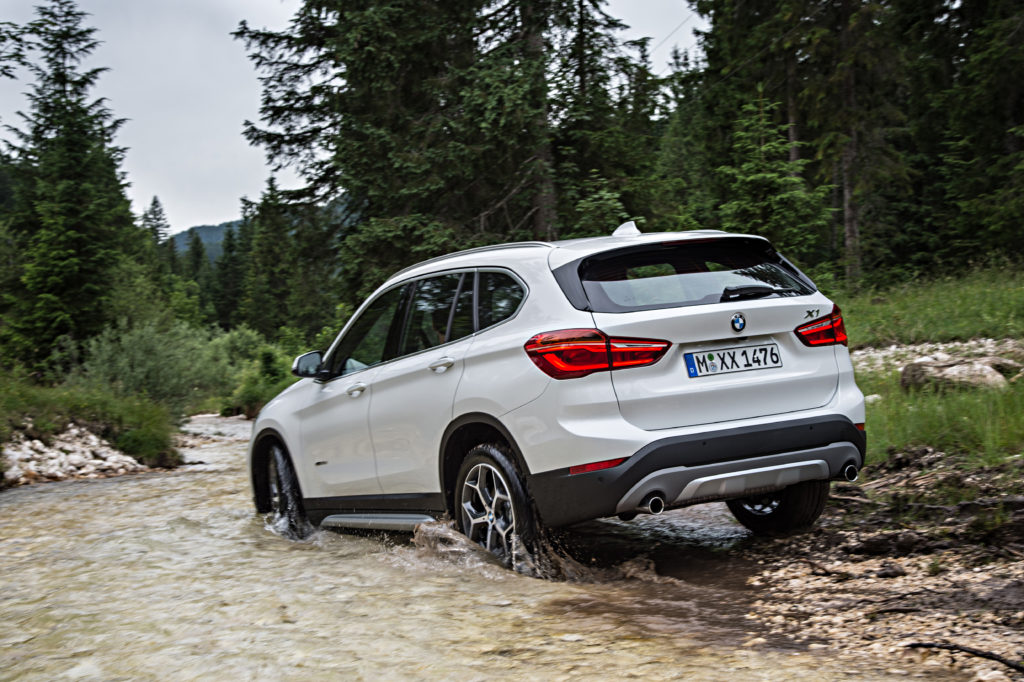
Can your station wagon do this? Who Cares!
Wait a minute though, don’t the numbers seem to fly in the face of the narrative that automakers from Munich and Stuttgart and even Detroit have been pushing for decades now? With a number of manufacturers like Volvo, Volkswagen, Jaguar and even Buick recently jumping into the wagon realm with fresh offerings, one is inclined to think so. These cars aren’t setting sales records like cheaper, more readily available and heavily advertised and incentivized crossovers and SUVs, but they are selling well nonetheless.
Moreover, some have gone so far as to classify the widespread elimination of station wagons from U.S. model lineups over the past few decades a self-fulfilling prophecy as far as delivery figures are concerned; customers may have still wanted a Country Squire, but by the time the model was eliminated in 1991, it had shrunk to a shadow of its former self—Chrysler had already exited the full-size wagon market by 1977. This example is a bit dated, but more recently, BMW has always kept their model offerings heavily restrained in the U.S., which makes a preferably equipped manual-transmission example of the first few generations offered here a rare bird. When it came to the outgoing F31, your options are limited to xDrive and the entry-level but still potent four-cylinder drivetrain.
So who’s buying all the new wagons? According to Bloomberg, it’s well-heeled individuals who typically have a higher education level than those who opt for the comparable crossover SUV. This is true of the Buick TourX, which is proving to be a viable alternative to others of comparable size, shape and price, which is interesting given the connotation of Buick as brand which many still associate with retirement communities lined with late 1990’s Park Avenue and Regal sedans. Ask Buick though, and the TourX is aimed at individuals who want the utility of an SUV but aren’t interested in following the same trends as everyone else. In fact, they’re classified as being almost vehemently opposed to the notion—sound familiar?
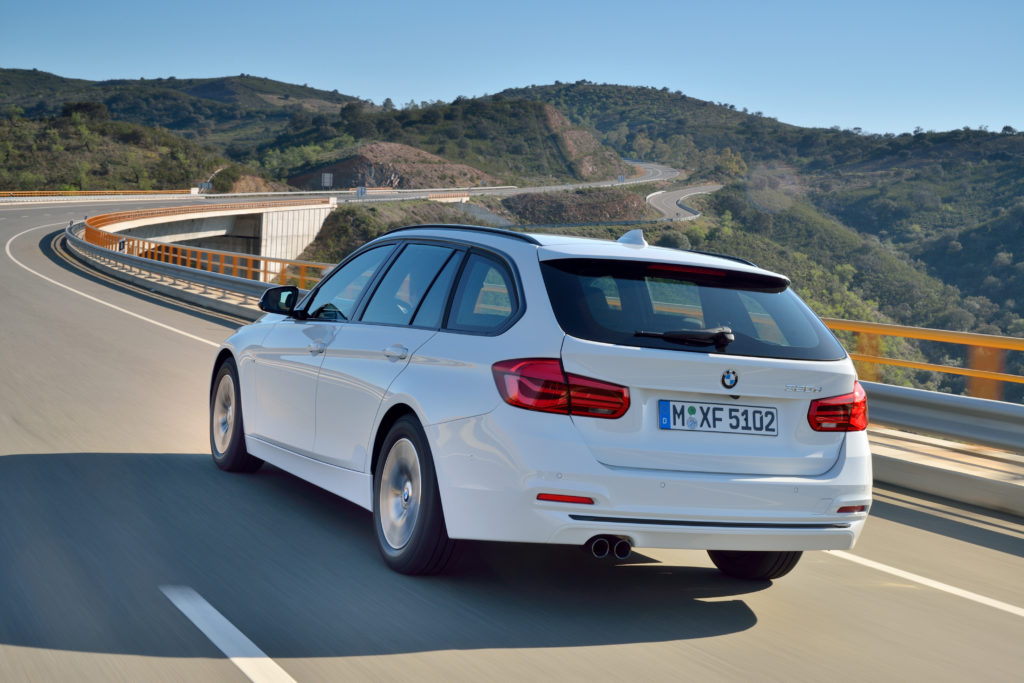
At the same time that wagon sales have been growing, albeit on a very small scale compared to that of the crossover SUV, the number of models available on the market has increased. As mentioned above, some additions include the VW Golf Sportwagen, Volvo V90 and the Jaguar XJ Sportbrake. Porsche also recently put a wagon spin on the Panamera, in an effort to compete with Gran Coupe offerings from BMW and cars like the S7 and RS7 from Audi. Mercedes-Benz also still offers is E-Class estate here, most excitingly in Michelin-destroying AMG 63 S trim.
Unfortunately, just as the market for estate, touring and avant models seems poised for growth, with perhaps more individuals waking up to the fact that a wagon is superior in terms of fuel economy, handling, and residual value while providing the same or maybe even more interior cargo room, BMW has decided abandon the segment. The last 5 Series Touring sold new here was the E61, which are proving to be sought after if you can find one in twin-turbo 535i form. As of this writing, the 3 Series Touring is slated to end with the F31, which is scheduled to carry on for one additional model year and to be sold alongside the new G20 when it hits showrooms.
There’s long been a strong notion in business that the customer never knows what they want, but when it comes to the station wagon, we may just be onto something. It took a letter writing campaign for BMW to bring a specialized E36 M3 to the U.S. market, and as receptive as BMW remains to the market, something similar might just do the trick for the G21 sport wagon. That’s not to knock BMW’s X models, but if you’re going to sell a wagon elsewhere, leaving one of the largest potential markets out still remains questionable.—Alex Tock
[Photos courtesy BMW AG.]

